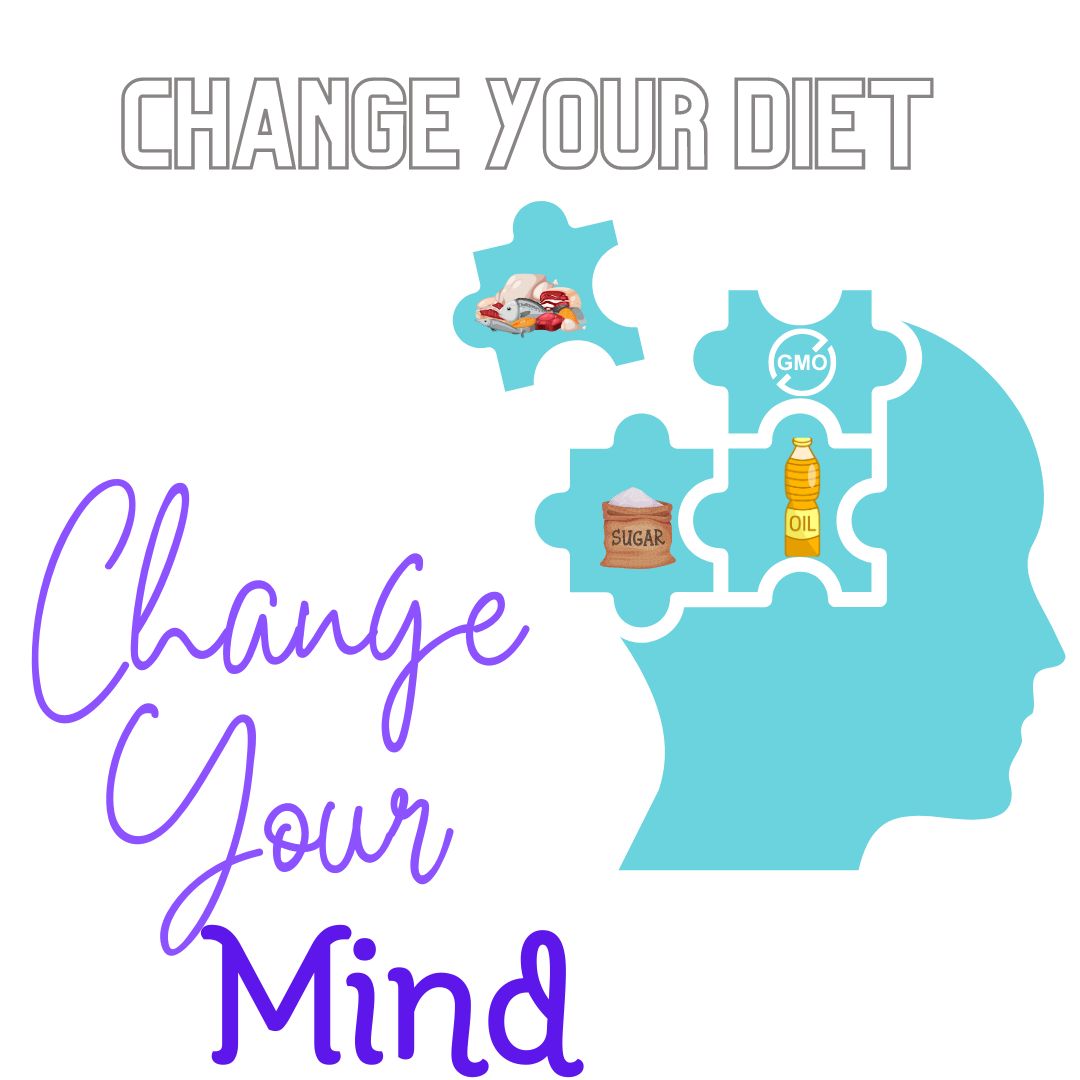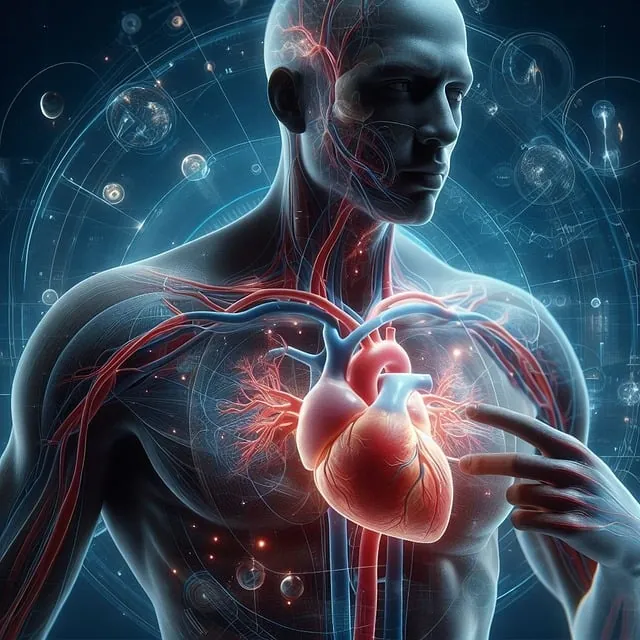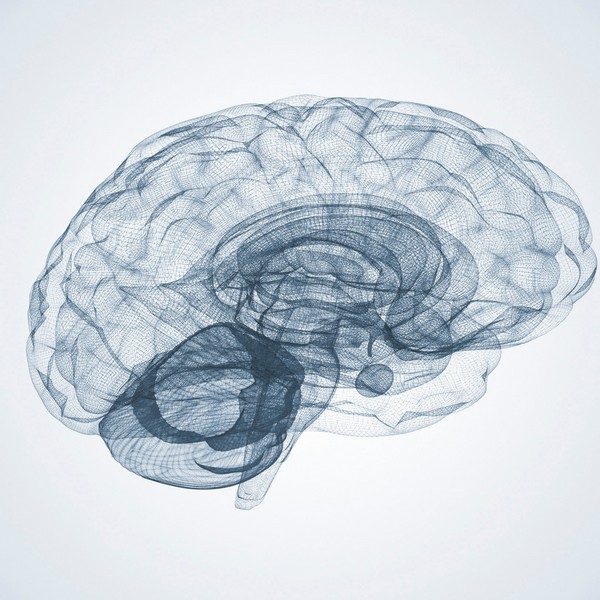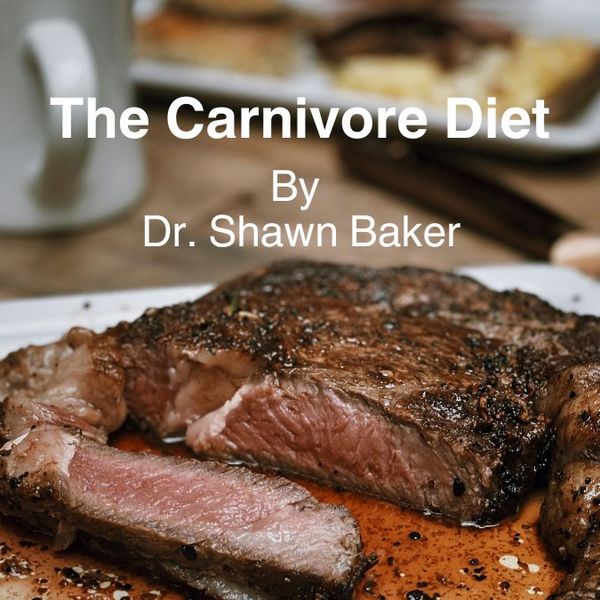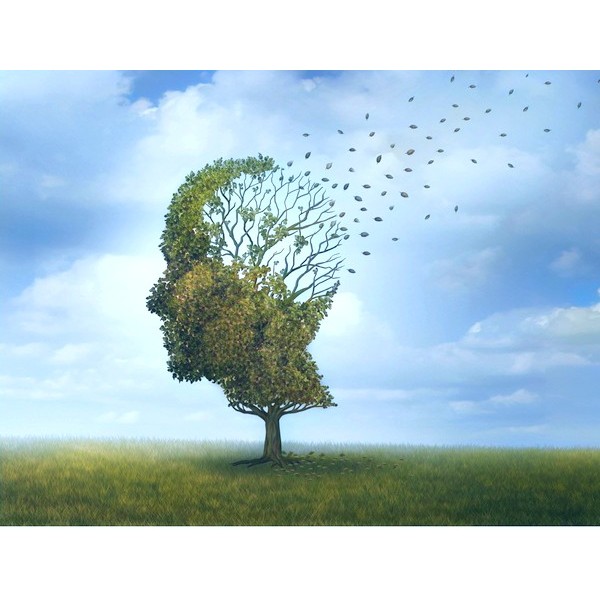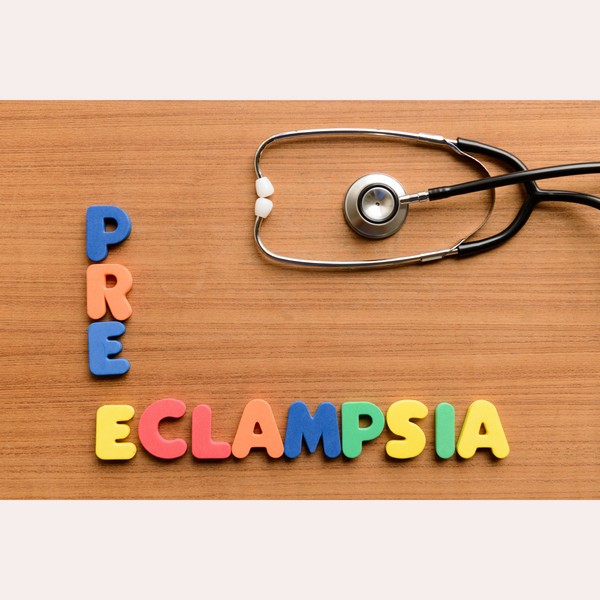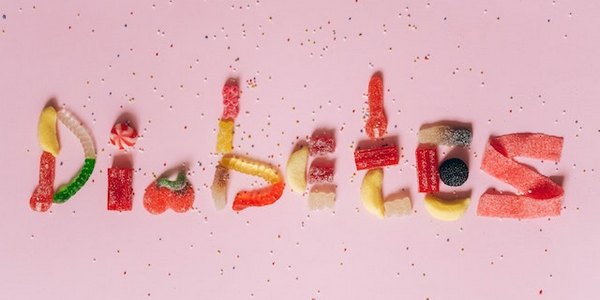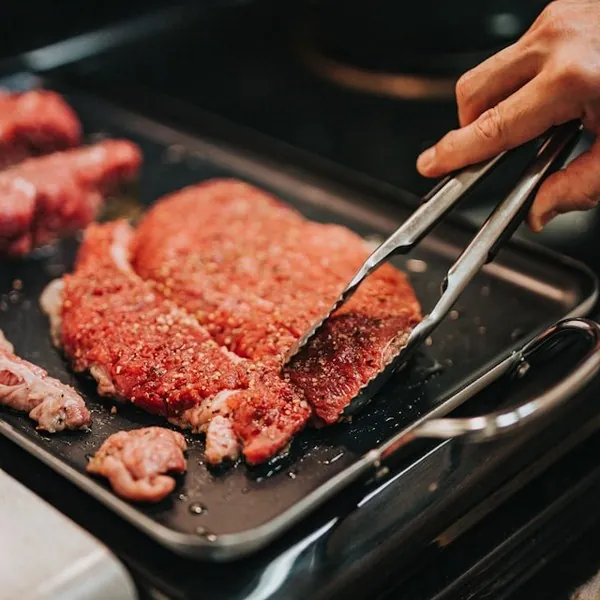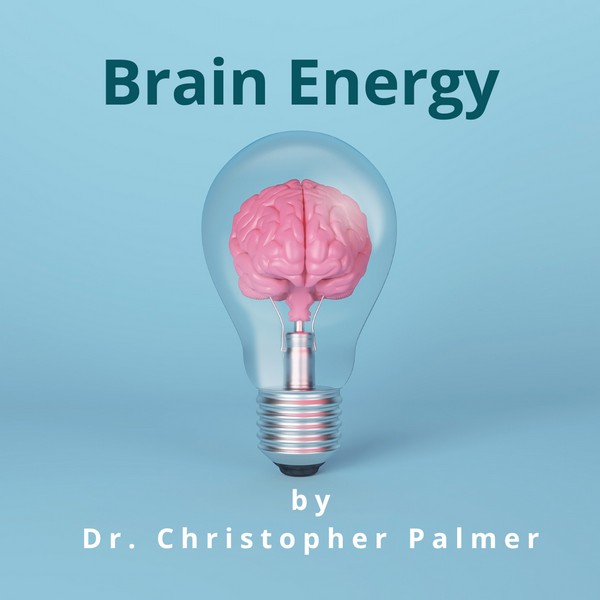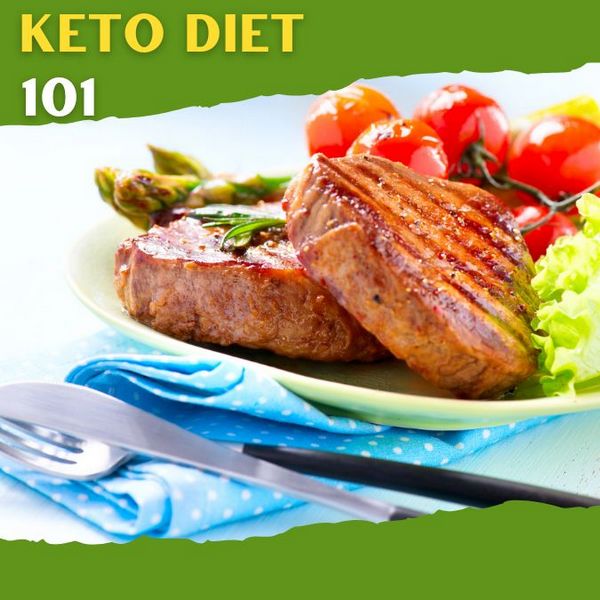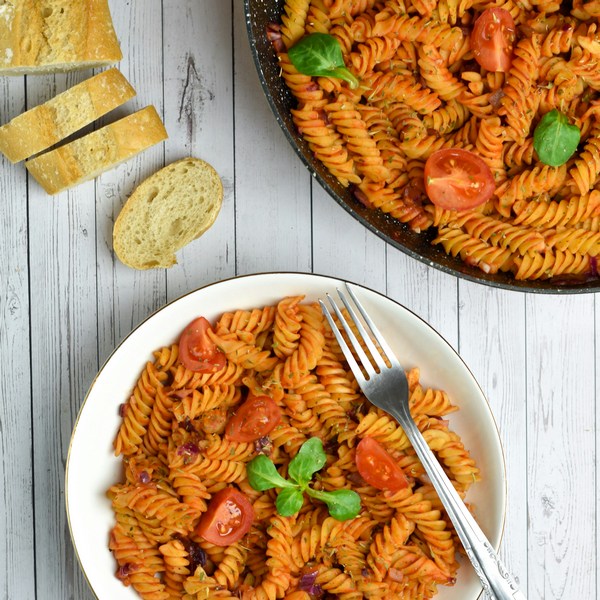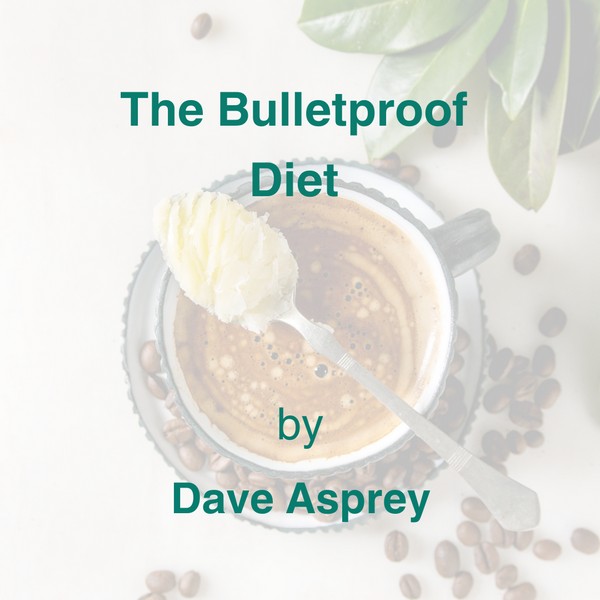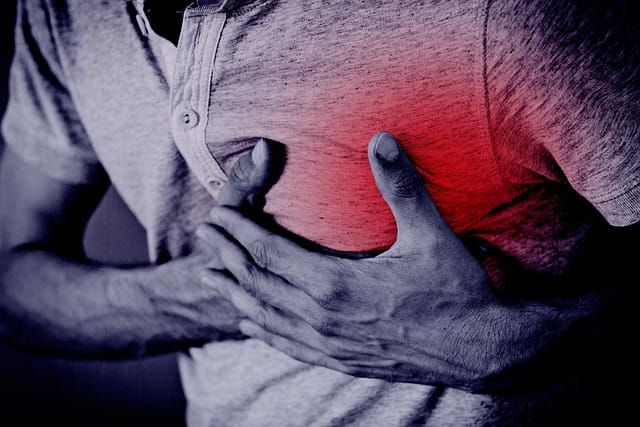Table of Contents
1. Get Your Beauty Sleep for Optimal Weight Loss

Sleep is often overlooked when it comes to sustainable weight loss, but it’s a secret weapon for healthy body weight. When you’re sleep-deprived, your body’s like a malfunctioning machine, sabotaging your fat loss efforts.
The Sleep-Weight Loss Connection
Here’s the deal: lack of sleep messes with both your hunger hormones and fullness hormones. Ghrelin, the hunger hormone, goes up, while leptin, the fullness hormone, takes a nosedive.
Not getting enough sleep can lead to overeating and unwanted weight gain.
But wait, there’s more. Sleep deprivation can disrupt your metabolism, blood sugar levels and potentially lead to obesity and type 2 diabetes.
Tips for Snoozing Like a Pro
- Stick to a Sleep Schedule: Go to bed and wake up at the same time every day, even on weekends. Your body loves routine.
- Create a Dreamy Environment: Make your bedroom a sleep sanctuary — quiet, dark, cool, and comfy. Earplugs and eye masks are your friends.
- Avoid Bedtime Buzzkillers: Say no to caffeine and energy drinks before hitting the hay. They’ll keep you tossing and turning.
- Embrace the Zzzs: If you want to burn fat to lose unsightly body weight, food is but one component. Exercise regularly for better sleep, but not too close to bedtime. And limit those daytime naps, especially in the evening and definitely not longer than 30 minutes.
- For more tips on catching quality Zzzs, check out this guide.
Supplements for Sweet Dreams
Don’t underestimate the power of enough sleep. Give your body the rest it deserves, and watch that belly fat melt away. Need an extra sleep boost?
Magnesium and L-theanine are also great for calming those restless nights. And let’s not forget valerian root, the traditional sedative that’s been helping people sleep for ages.
2. Natural Solutions for Weight Loss
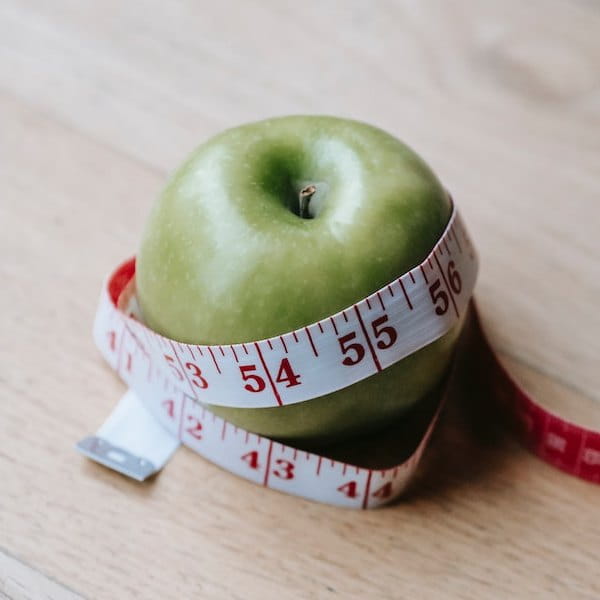
They’re like little weight loss superheroes that can give your body composition efforts a boost. Just remember to combine them with exercise and a balanced diet for maximum effect.
The Power Of Protein For Weight Loss:
Prioritise Protein
Eating high-quality good fat, moderate to high protein, and low to no carbohydrates could very well be one of the simplest sustainable lifestyle interventions for rapid fat loss without painful starvation.
Most importantly, the time you eat and the order in which you eat your food could greatly influence your outcome. Eat as much protein as you can and eat it first before any other food group.
Animal protein will be the most efficiently absorbed and the easiest way to obtain all the essential and conditionally required amino acids.
Organic Pastured Eggs, Grass Fed Sheep, Goat, Beef, and Wild Caught Seafood are at the top of the list of recommended dense protein sources. Steak and eggs is highly recommended for breakfast.
High-quality vegetarian or vegan protein sources are generally difficult to find. Additionally, they require extensive research to avoid both natural plant antinutrients and toxins, and companies that are trying to make a quick buck selling you potentially harmful concoctions.
Going clean, high protein vegan is not impossible; it’s just very difficult. That said, three reputable highly recommended brands are Sun Warrior, Gundry MD, and Garden of Life.
Protein powders such as grass-fed whey protein isolate and a select few organic plant-based protein powders allow for a quick and convenient source of protein intake with just the muscle-sparing amino acids you need without eating extra calories.
Protein takes longer to digest and requires more energy to break down than other macronutrients, while keeping you feeling full for longer. It’s a win-win for your muscle mass retention and fat loss.
Probiotics
Probiotics can keep your gut healthy by supplying varied species of beneficial bacteria, which can help with weight control and regulation.
Try to get in some fermented foods like kefir, kombucha, kimchi, sauerkraut, and Bulgarian Yogurt.
At the top of the list of supplemental forms is the highly researched range from Pendulum. The first-ever and only brand in the world with live Akkermansia muciniphila, and other keystone strains including Anaerobutyricum hallii and Clostridium beijerinckii.
Prebiotic Fiber
Fiber can be a beneficial ally when aiming to shed pounds. It keeps your digestion on track and helps you feel full. Glucomannan, a type of fiber, takes it up a notch by turning into a gel-like substance in your stomach.
Glucomannan: The Super Fiber?
This fiber, derived from konjac root, absorbs liquid like a sponge. It’s like having a personal appetite suppressant. Some can have as little as 5 calories per 200g serving.
You can load up on pasta every day and still lose weight with a lower risk of heart disease and diabetes.
Conjugated Linoleic Acid (CLA)
Conjugated Linoleic Acid (CLA) is a naturally occurring fatty acid found in dairy products and meat. It has been claimed to promote fat loss by reducing appetite and increasing the body’s fat metabolism.
While some studies have shown the positive effects of CLA on fat loss, its effectiveness is still up for debate, and side effects, including digestive issues, can occur.
For best results, limit Conjugated Linoleic Acid usage to on-and-off cycles of intervention where you use it for about two months and then take two months off.
Green Coffee Bean Extract
Green Coffee Bean Extract is derived from unroasted coffee beans and contains chlorogenic acid, which is believed to reduce fat absorption and inhibit sugar cravings.
Although some studies on green coffee bean extract have shown positive results, there is still limited evidence to establish its effectiveness conclusively.

Apple Cider Vinegar
Apple cider vinegar is a popular choice for weight loss. Believed to have several health benefits, including aiding in fat loss.
It is thought to work by reducing blood glucose levels and promoting a sense of fullness, so hopefully you don’t eat more food than is required for health.
Plus, it’s a tangy addition to your salad. The acetic acid present in ACV as well as various types of vinegar does most of the heavy lifting.
Chromium
Research suggests chromium may be able to help manage blood sugar levels. Studies suggest it might also reduce those pesky hunger pangs. Say goodbye to cravings.
MCT Oil
Medium Chain Triglyceride oil is like a fat-burning superhero. It’s found in coconut oil and can help you burn more fat while keeping hunger at bay.
It’s a win-win. It bypasses most of the digestive process, enters the portal vein, and heads straight to the liver to be converted into ketones. These are fat-derived sources of energy on which the ketogenic diet is based.
Seamoss

There is an array of noteworthy types of seaweed that are full of beneficial nutrients for us humans. Among the most popular are Seamoss, Kelp, Nori, Wakame, and Kumbu.
Seamoss is specifically known to contain gut health-promoting and antihyperlipidemic prebiotic mucilage. It supplies amazing prebiotic fiber, which is food for our beneficial gut microbes.
Once your gut microbiome is balanced, your waist circumference is going to get smaller.
Electrolytes
And let’s not forget about electrolytes. They’re necessary for strenuous exercise and can assist in keeping you hydrated and full of energy. It’s all about that balance.
Your body runs on electricity and electrolytes are the conductors. Calcium is needed for your muscles to contract while magnesium helps them to relax.
Potassium helps electrochemical balance and contraction of the heart. Decreasing sodium can cause the body to excrete potassium.
Electrolytes help you to be alert and vibrant when you need to be as well as calm and relaxed when necessary.
Magnesium
Even though you need to ensure that you get all the essential minerals, magnesium deserves special mention. One just cannot overstress the importance of magnesium for human health.
Unfortunately, for various reasons, the average person does not get and or maintain the required amount of magnesium.
“Subclinical magnesium deficiency is a common and under-recognised problem throughout the world. Importantly, subclinical magnesium deficiency does not manifest as clinically apparent symptoms and thus is not easily recognised by the clinician. Despite this fact, subclinical magnesium deficiency likely leads to hypertension, arrhythmias, arterial calcifications, atherosclerosis, heart failure and an increased risk for thrombosis”
Herbs and Spices
Herbal teas and spices have long been among foods associated with overall health and excess body fat reduction due to their natural properties.
Their benefits often come from antioxidants, caffeine, mood-enhancing effects, EGCG, thermogenesis, and appetite suppression along with fewer calories than other drinks.
- Yerbamate tea contains a high level of antioxidants, which helps neutralize harmful free radicals in the body. The caffeine in yerba mate tea provides an energy boost and increases thermogenesis, the process by which the body burns fat.
- Rooibos tea is a caffeine-free herbal tea known for its antioxidant properties. It has been shown to support fat loss by inhibiting the formation of new fat cells and promoting fat metabolism.
- Matcha is a powerful source of the antioxidant EGCG, which boosts metabolism and increases the body’s ability to break down and burn fat. The presence of caffeine in matcha can also enhance thermogenesis and improve mood, which may lead to more successful weight loss efforts.
- Cayenne pepper gets its heat from capsaicin, a compound that has been linked to increased fat burning and appetite suppression. Adding cayenne pepper to meals can help to kickstart the body’s metabolism and burn more calories.
- Turmeric, a popular spice known for its anti-inflammatory properties, contains curcumin, which may help block the formation of fat cells and aid in visceral fat reduction.
- Cinnamon helps regulate blood sugar levels and reduce insulin resistance, both of which can contribute to more efficient fat burning and weight loss goals. Incorporating cinnamon into a daily diet can help stabilize energy levels and reduce cravings.
- Dandelion has a natural diuretic effect, helping the body eliminate excess fluids and reduce bloating. This herbal tea may also support healthy digestion, making it an effective addition to reducing waist circumference.
3. Stress Relief Strategies for Weight Loss
Stress can be a major buzzkill for weight loss. It messes with your eating habits and kills your motivation to move. So, it’s time to kick stress to the curb and get that dream body.
Mindful Eating:
Forget mindless snacking. Pay attention to what you eat and how it makes you feel. Mindful eating helps you make healthier choices and enjoy your food more.
Positive Movement:
Exercise isn’t just about burning calories, it’s also a stress-busting superhero. Get moving with yoga, walking, or whatever floats your boat. Your stress levels will thank you.
Meditation & Deep Breathing Exercises:
Take a chill pill with daily meditation or deep breathing exercises. It’s like a spa, every day for your mind. Check out YouTube or apps like Headspace for some zen vibes.
Natural Supplements for Stress Management
In addition to these techniques how to optimise your weight loss efforts, there are a few natural supplements that may assist in your overall health, managing stress and aiding with weight reduction. Here are a few worth considering:
Ashwagandha:
This adaptogenic herb is a stress hormone slayer. It may also help control blood sugar levels and boost brain function. Studies suggest it’s pretty awesome.
Rhodiola Rosea:
Rhodiola Rosea is like a mood-enhancing superhero. It might even improve your mental performance under stress. Research shows it’s the real deal.
L-Theanine:
Found in green tea leaves, this amino acid promotes relaxation without knocking you out. Perfect for bedtime. Zzz…
4. Maximize Your Weight Loss with Intermittent Fasting
If you want to lose weight, give it a try. It’s like a dieting superhero that alternates between eating food and fasting, helping you burn more fat, and boosting your metabolic health.
The Basics of Intermittent Fasting
Believe it or not, you don’t necessarily need to stop eating your favorite foods. It isn’t always about what you eat, but when you eat food that matters most.
There are different methods, like the 16/8 method (fasting for 16 hours a day), the Eat-Stop-Eat method (one or two 24-hour fasts per week), and the 5:2 diet (eating only 500–600 calories on two non-consecutive days).
Do keep in mind that for best results you need to avoid high calorie nutrient void processed foods.
Above all, no matter the actual times you choose to eat or not, you should aim to get most of your calories in earlier on in a day. The later you load up on food the higher the likelihood you will accumulate fat.
The Benefits for Weight Loss
It can help you lose weight by reducing your calorie intake and making your body burn more fat as a source of energy. It also boosts human growth hormone production, which is great for burning belly fat and building muscle mass.
Fitting Intermittent Fasting into Your Lifestyle
The wrong approach is why fasting may get a bad rap from time to time. Adhering faithfully is essential. Choose a method that works for you and stick with it for the best results.
Tips for Successful Intermittent Fasting
- Ease into it: Start by gradually increasing your fasting window over time instead of jumping straight into a full-day fast.
- Stay hydrated: Drink plenty of mineral-rich water during both eating and fasting periods to stay hydrated and keep hunger at bay.
- Nourish yourself well: During eating windows, focus on fewer calories from nutrient-dense, high quality protein rich foods, healthy fats and vegetables. You can still get all the good stuff while maintaining a calorie deficit. Eating high protein whole foods along with more fibre will make it easier to stick to your diet, stay motivated while you burn belly fat without feeling deprived.
Potential Challenges & Solutions
Fasting may come with some challenges, like feeling hungry or tired at first. But don’t worry, these usually go away after a while.
If you experience persistent symptoms or have concerns, eat more good fat and avoid processed food especially with added sugar. For detailed instructions see this guide.
5.The Magic of Consistent Exercise
Finding an exercise routine you like is key to losing weight. But how do you make sure you’re getting the most bang for your sweat every day? Here’s the scoop.
Mix Up Your Routine
Break the monotony of your workouts and make them more exciting. Keep things interesting by trying new activities and changing up the intensity. Boredom is not invited to the fat loss party.
Incorporate Strength Training
Strength training isn’t just for bodybuilders. It rewards you with a lower risk of losing muscle mass. It torches fat and boosts your metabolism. No need for costly machines lifting weights — bodyweight exercise can do the job.
Choose High-Intensity Interval Training (HIIT)
HIIT is like a workout on steroids — short bursts of intense activity followed by rest. It burns more calories, and revs up your metabolism, helping you shed those pounds.
The Role Of Consistency And Recovery Time In Exercise
Consistency is key — regular workouts beat one long session. And don’t forget to rest. Muscles need time to repair and grow stronger. Take those rest days seriously.
Nutrition and Hydration: Fueling Your Workouts Properly
Eat after workouts to fuel up and recover. Protein is your workout buddy. Give your body a pat on the back by staying hydrated. Recognize that each person’s body is unique. Listen to yours.
If something feels off or you’re not seeing results, seek advice from fitness pros. They’ll guide you to the right routine. Incorporate these strategies into your fitness regime and watch those pounds melt away. Sweat it out, baby.
The right supplements provide fat loss results through various mechanisms such as boosting metabolic health, burning more calories, and suppressing the urge to eat. Incorporating herbal teas and spices into a balanced diet and exercise routine can provide a natural boost to one’s weight loss journey. Combine these approaches with a healthy diet and lifestyle choices for long-term success in weight loss efforts naturally. For optimal health and well-being, supplements can assist. Incorporate these strategies into your life, and say goodbye to stress and hello to a healthier you.
Always consult a healthcare professional before adding new interventions to ensure safety and compatibility with individual health needs.
FAQs
What natural supplement will help me lose weight?
Matcha is a popular natural food supplement known to aid in weight loss.
What is the best vitamin supplement to take for weight loss?
Cod Liver Oil & Vitamin C Complex can support weight loss efforts, especially when combined with regular strength training, a high protein diet that includes good fats and more fiber and avoids processed foods.
Do any supplements actually help with fat loss?
Grass Fed Whey Protein Isolate and L Carnitine can promote muscle growth and aid in fat loss when used alongside moderate to high fiber, low carbohydrates, and physical activity for muscle mass maintenance.
What are 5 vitamins and minerals to boost your metabolism and promote weight loss?
| Nutrient | Function | Sources |
| Copper | Helps convert food into energy | Whole Food Vitamin C Complex, Goat / Beef Liver, Bee Pollen |
| Magnesium | Aids metabolic processes | Dark Chocolate |
| Vitamin B12 | Supports energy production | Liver, Nutritional Yeast |
| Iodine | Essential for thyroid function | Kelp |
| Zinc | Assists in protein synthesis and cellular metabolism | Shellfish |
Research
Boutcher SH. High-intensity intermittent exercise and fat loss. J Obes. 2011;2011:868305. doi: 10.1155/2011/868305. Epub 2010 Nov 24. PMID: 21113312; PMCID: PMC2991639.
https://pubmed.ncbi.nlm.nih.gov/21113312/
Brehm, Bonnie Ja; D'Alessio, David Ab. Benefits of high-protein weight loss diets: enough evidence for practice?. Current Opinion in Endocrinology, Diabetes and Obesity 15(5):p 416-421, October 2008.
Chen, S., Lin, Y., Huang, H., Hsu, W., Houng, J., & Huang, C. (2012). Effect of conjugated linoleic acid supplementation on weight loss and body fat composition in a Chinese population. Nutrition, 28(5), 559-565. https://doi.org/10.1016/j.nut.2011.09.008
Choudhary, B., Chauhan, O.P. and Mishra, A., 2021. Edible Seaweeds: A Potential Novel Source of Bioactive Metabolites and Nutraceuticals With Human Health Benefits. Frontiers in Marine Science, [online] 8. https://doi.org/10.3389/fmars.2021.740054.
DiNicolantonio, J. J., & Wilson, W. (2017). Review: Subclinical magnesium deficiency: a principal driver of cardiovascular disease and a public health crisis. Open Heart, 5(1). https://doi.org/10.1136/openhrt-2017-000668
El-Zayat, S.R., Sibaii, H. and El-Shamy, K.A., 2019. Physiological process of fat loss. Bulletin of the National Research Centre, 43(1), pp.1-15.
Farnsworth E, Luscombe ND, Noakes M, et al. Effect of a high-protein, energy-restricted diet on body composition, glycemic control, and lipid concentrations in overweight and obese hyperinsulinemic men and women. Am J Clin Nutr 2003; 78: 31-39
https://pubmed.ncbi.nlm.nih.gov/12816768/
Han, J. R., Deng, B., Sun, J., Chen, C. G., Corkey, B. E., Kirkland, J. L., Ma, J., & Guo, W. (2007). Effects of dietary medium-chain triglyceride on weight loss and insulin sensitivity in a group of moderately overweight free-living type 2 diabetic Chinese subjects. Metabolism, 56(7), 985-991. https://doi.org/10.1016/j.metabol.2007.03.005
Hjorth, M., Roager, H., Larsen, T. et al. Pre-treatment microbial Prevotella-to-Bacteroides ratio, determines body fat loss success during a 6-month randomized controlled diet intervention. Int J Obes 42, 580–583 (2018). https://doi.org/10.1038/ijo.2017.220
Josse, A.R., Atkinson, S.A., Tarnopolsky, M.A. and Phillips, S.M., 2011. Increased consumption of dairy foods and protein during diet-and exercise-induced weight loss promotes fat mass loss and lean mass gain in overweight and obese premenopausal women. The Journal of nutrition, 141(9), pp.1626-1634. https://doi.org/10.3945/jn.111.141028
Knufinke, M., Nieuwenhuys, A., Geurts, S.A., Coenen, A.M. and Kompier, M.A., 2018. Self‐reported sleep quantity, quality and sleep hygiene in elite athletes. Journal of sleep research, 27(1), pp.78-85. https://pubmed.ncbi.nlm.nih.gov/28271579/
Kondo, T., Kishi, M., Fushimi, T. and Kaga, T., 2009. Acetic acid upregulates the expression of genes for fatty acid oxidation enzymes in liver to suppress body fat accumulation. Journal of agricultural and food chemistry, 57(13), pp.5982-5986.
Krieger JW, Sitren HS, Daniels MJ, et al. Effects of variation in protein and carbohydrate intake on body mass and composition during energy restriction: a meta-regression 1. Am J Clin Nutr 2006; 83: 260-274.
McCarty MF. Optimizing exercise for fat loss. Med Hypotheses. 1995 May;44(5):325-30. doi: 10.1016/0306-9877(95)90258-9. PMID: 8583962.
Miriam E. Clegg (2010) Medium-chain triglycerides are advantageous in promoting weight loss although not beneficial to exercise performance, International Journal of Food Sciences and Nutrition, 61:7, 653-679, DOI: 10.3109/09637481003702114
Morgan, J. and Mosawy, S., 2016. The potential of apple cider vinegar in the management of type 2 diabetes. International Journal of Diabetes Research, 5(6), pp.129-34.
Pasiakos SM, Mettel JB, West K, et al. Maintenance of resting energy expenditure after weight loss in premenopausal women: potential benefits of a high-protein, reduced-calorie diet. Metabolism 2008; 57: 458-464.
Santos, H.O., de Moraes, W.M., da Silva, G.A., Prestes, J. and Schoenfeld, B.J., 2019. Vinegar (acetic acid) intake on glucose metabolism: A narrative review. Clinical nutrition ESPEN, 32, pp.1-7.
Seip RL, Volek JS, Windemuth A, Kocherla M, Fernandez ML, Kraemer WJ, Ruaño G. Physiogenomic comparison of human fat loss in response to diets restrictive of carbohydrate or fat. Nutr Metab (Lond). 2008 Feb 6;5:4. doi: 10.1186/1743-7075-5-4.
Stiegler P, Cunliffe A. The role of diet and exercise for the maintenance of fat-free mass and resting metabolic rate during weight loss. Sports Med 2006; 36: 239-262 https://pubmed.ncbi.nlm.nih.gov/16526835/
Volek J, Sharman M, Gómez A, Judelson D, Rubin M, Watson G, Sokmen B, Silvestre R, French D, Kraemer W. Comparison of energy-restricted very low-carbohydrate and low-fat diets on weight loss and body composition in overweight men and women. Nutr Metab (Lond). 2004 Nov 8;1(1):13. doi: 10.1186/1743-7075-1-13.
Westerterp-Plantenga MS, Lejeune MP, Nijs I, et al. High protein intake sustains weight maintenance after body weight loss in humans. Int J Obes Relat Metab Disord 2004; 28: 57-64 https://pubmed.ncbi.nlm.nih.gov/14710168/
Whitfield, P., Parry-Strong, A., Walsh, E. et al. The effect of a cinnamon-, chromium- and magnesium-formulated honey on glycaemic control, weight loss and lipid parameters in type 2 diabetes: an open-label cross-over randomised controlled trial. Eur J Nutr 55, 1123–1131 (2016).
https://doi.org/10.1007/s00394-015-0926-x
Zhang, L., Pagoto, S., Olendzki, B., Persuitte, G., Churchill, L., Oleski, J., & Ma, Y. (2018). A nonrestrictive, weight loss diet focused on fiber and lean protein increase. Nutrition, 54, 12-18. https://doi.org/10.1016/j.nut.2018.02.006
L-Carnitine: Benefits, Dosage, and Side Effects
Key Takeaways L-Carnitine supports fat metabolism and energy production. Benefits include enhanced exercise performance and improved heart health. Proper dosing minimizes potential side effects. Understanding…
7 Key Hormones for Fat Burning
Key Takeaways: Hormones play a key role in regulating fat mobilization and utilization in the body. Important hormones involved include insulin, glucagon, epinephrine, norepinephrine, cortisol,…
Resistance Training 101: A Beginner’s Guide
Key Highlights Resistance training builds muscle strength and endurance. Utilizes equipment like free weights, bands, or body weight. Benefits include increased metabolism and improved bone…
Try Walking More for Better Health
Key Takeaways: Walking enhances fat loss by increasing calorie burn and boosting metabolism. Regular walking improves cardiovascular health, aiding in weight management. Low-impact nature of…
9 Best Cutting Supplements for a Shredded Physique
Key Highlights Pay attention to ingredients and their benefits, as well as select high-quality supplements through extensive research. Whey Protein Isolate, Essential Amino Acids, and…
Lose Belly Fat: 17 Effective Tips Backed by Science
Key Highlights Increasing protein intake, with healthy fats, and consuming probiotics can help in losing belly fat. Managing stress levels, optimizing sleep quality, and eliminating…






